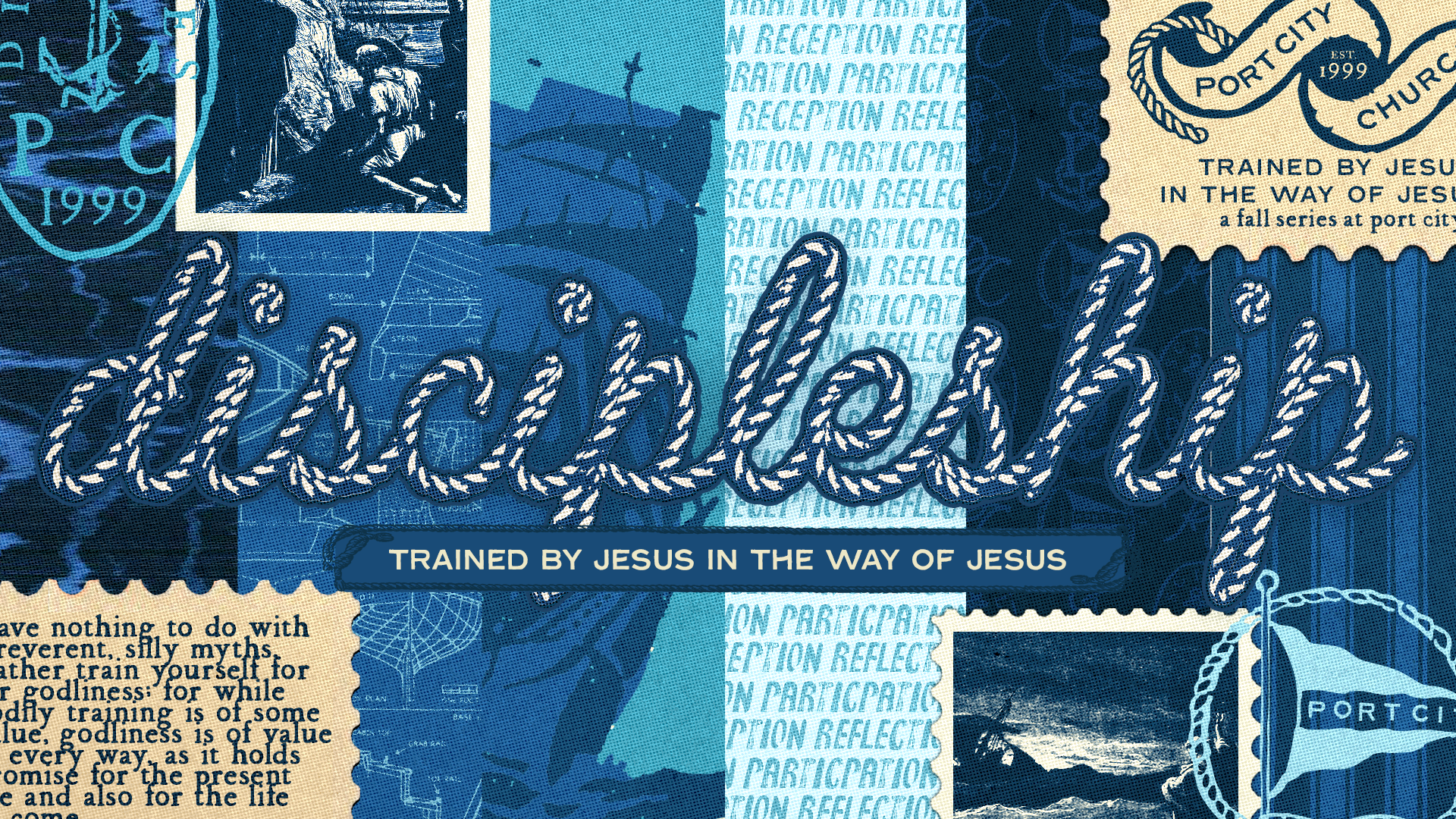An Active Choice
READ
Have you ever noticed how love shows up most clearly in action? Think about the parent who gets up multiple times during the night with a sick child, or the friend who drives across town just to sit with someone who's grieving. In these moments, love isn't just a feeling—it's a decision to engage with our whole selves, bringing purpose, presence, and care to someone else's need.
This kind of love reveals something profound about participation. It's not a passive emotion we wait to experience; it's an active choice we make with our whole selves—heart, mind, and body working together to bring God's love into tangible reality.
Let’s take a moment to read 1 John 4:7-12:
"Dear friends, let us love one another, for love comes from God. Everyone who loves has been born of God and knows God. Whoever does not love does not know God, because God is love. This is how God showed his love among us: He sent his one and only Son into the world that we might live through him. This is love: not that we loved God, but that he loved us and sent his Son as an atoning sacrifice for our sins. Dear friends, since God so loved us, we also ought to love one another. No one has ever seen God; but if we love one another, God lives in us and his love is made complete in us."
REFLECT
John's letter reveals the stunning truth that love isn't just something God does; love is who God is. When we choose to love one another, we're not just following a good moral principle—we're participating in God's very nature. We're joining the flow of love that has been moving through creation since the beginning of time.
But notice how John describes this love. It's not sentimental or shallow. The love he's talking about cost God everything—his one and only Son. This is love that engages with suffering, love that sacrifices for others' benefit, love that shows up even when it's difficult or inconvenient. This is love that participates fully in the messy reality of human need.
The phrase "love one another" appears four times in these six verses. John isn't being repetitive for emphasis; he's painting a picture of how love works. Love creates a circle of participation. God loves us, we receive that love, and then we extend it to others. But here's the beautiful mystery: when we love others, we don't deplete God's love supply. Instead, John says God's love is "made complete" in us through this participation.
Think about a time when someone loved you well during a difficult season. Maybe they brought meals when you were sick, listened without judgment during a crisis, or simply showed up consistently when others disappeared. That love didn't just help you; it revealed something about God's character. Through their participation in love, you experienced God's presence even if neither of you talked explicitly about faith.
This is the kind of love we're invited to bring to others. It's love that notices needs and responds. Love that chooses presence over convenience. Love that engages with both joys and sorrows. Love that sees people as image-bearers of God rather than obstacles or opportunities.
Sometimes we hesitate to participate in this kind of love because it feels overwhelming. We look around and see so much pain, so many needs, so many broken relationships. Where do we even start? But John gives us a liberating truth: we love because God first loved us. We're not generating love from our own limited reserves; we're channeling the infinite love we've already received.
This changes everything about how we approach participation in love. We don't have to manufacture feelings of affection for everyone we encounter. We don't need to have unlimited energy or resources. We simply need to be willing channels for the love God has already poured into us.
Practical love might look like really seeing the cashier who's clearly having a bad day and offering a genuine smile. It could be choosing to listen carefully when your teenager wants to talk about their problems, even if it's during your favorite TV show. Perhaps it's sending an encouraging text to someone going through a tough time, or volunteering at a local nonprofit.
The key is that love requires our participation—our purposeful engagement, our present attention, and our willing hearts. Love that stays locked inside us, never expressed or acted upon, isn't really love at all. It's just sentiment.
John reminds us that "no one has ever seen God." But when we participate in love—when we bring our whole selves to the work of caring for others—God becomes visible through us. People experience God's character through our character in action.
RESPOND
Take a moment to process what God might be leading you to do in light of what you read.
How has someone else's love made God's character visible to you during a difficult time?
What fears or hesitations hold you back from more fully participating in love toward others?
Who in your life right now needs to experience love through your purposeful presence and engagement?
REST
Take a moment to rest in God’s presence and consider one thing you can take away from your time reading, then close your devotional experience by praying:
God, thank you for loving me first and completely. Help me understand that participating in love isn't about my ability to generate feelings, but about my willingness to be a channel for your love. Show me specific ways to bring your love to others today through my presence, attention, and actions. Make your invisible love visible through my ordinary interactions. Complete your love in and through me. Amen.

